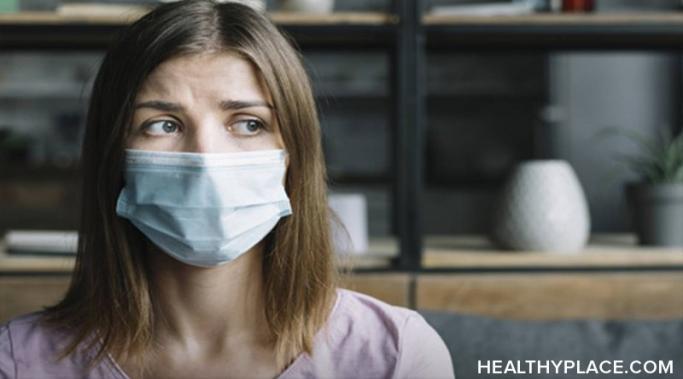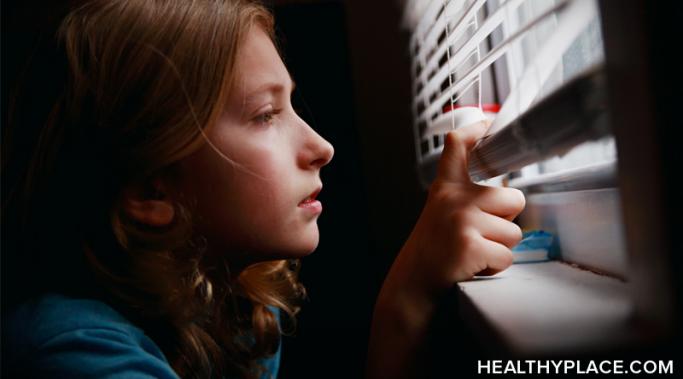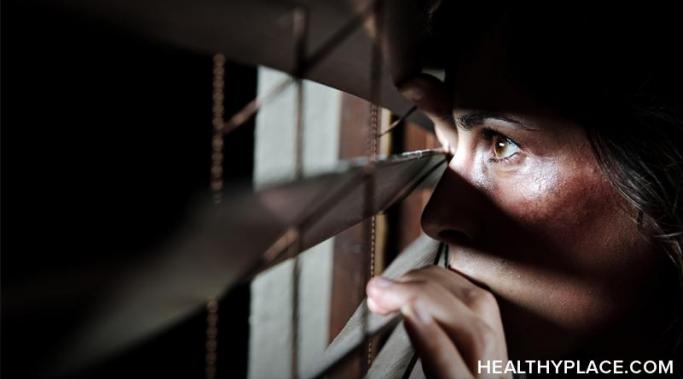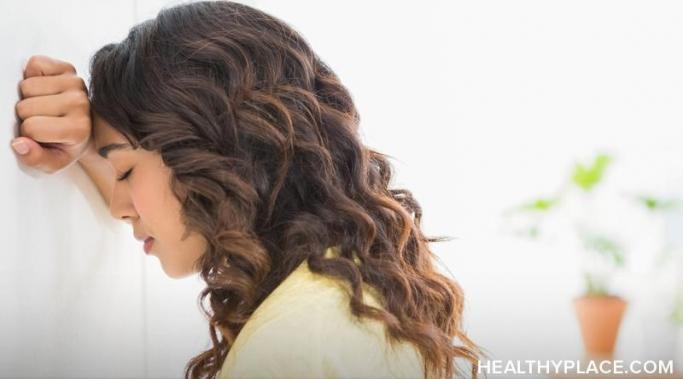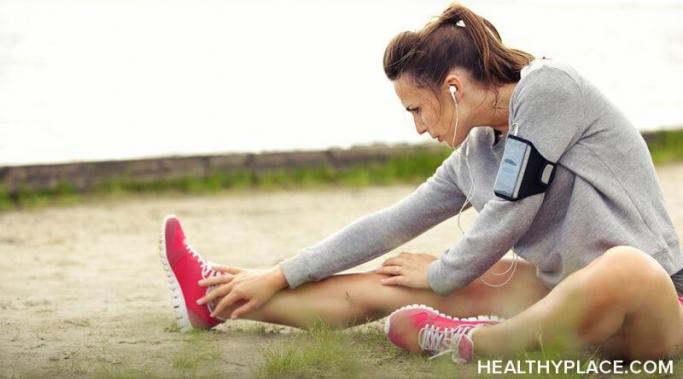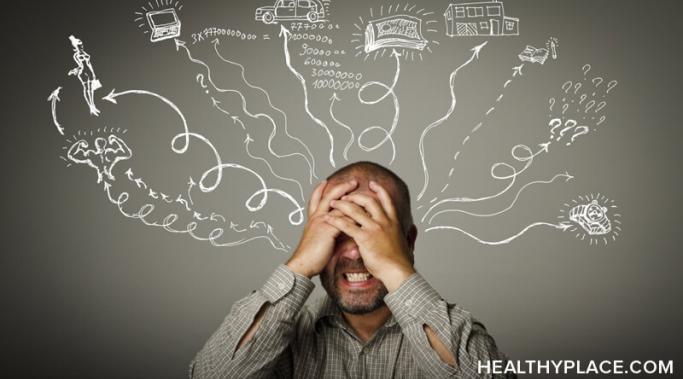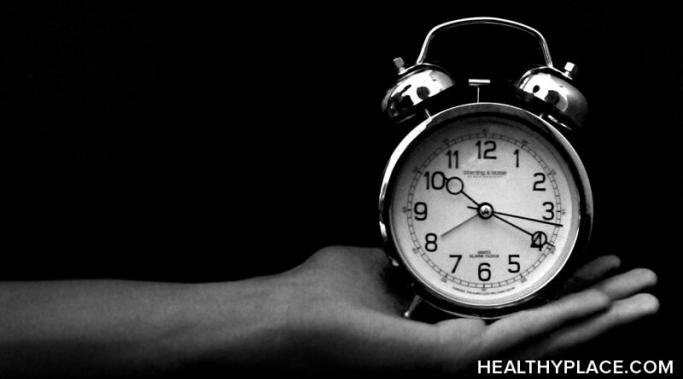Self-care for anxious times, such as the changes occurring due to the coronavirus, is so important. Not long ago, I wrote about experiencing anxiety when experiencing change. The current state of affairs in our world due to COVID-19 has been a major change in everyone's lives, and thus, due to these changes and the accompanying uncertainty, has truly impacted my anxiety.
Treating Anxiety
My COVID-19 experience is anxiety-provoking for me. The past few weeks have gone by in a blur. It's hard to believe just how much the standard of everyday life has changed since then, and I still can't quite believe this is the reality we're living in.
How is perfectionism related to anxiety? If you cope with chronic anxiety, do you find that you often have fears of failure and inadequacy? Do you find that you often feel as though what you do is not good enough and that you are constantly trying to live up to certain standards?
I'm learning to stay calm when news coverage makes me anxious. Over the past few weeks, I've been following the news about coronavirus somewhat regularly, so that I'm up to date on what's going on. There are some pros and cons to doing this, and while it seems practical to stay well-informed, it can also be stressful. While I do think it's important to be knowledgeable about events like this, there is a limit to how helpful that knowledge is.
Anxiety from change occurs often, but it can be even more challenging to cope with when you deal with chronic anxiety. Just recently, I started a new endeavor. Since I have become very mindful of my anxiety, I have also become aware of when my anxiety symptoms worsen and it becomes difficult for me to function. This is something I noticed when I started this new undertaking. I began having a hard time sleeping, and my stomach was constantly in knots. I had panic attacks and I was feeling emotionally exhausted. I have noticed this anxiety often happens when I try something new.
Do you have anxiety goals? Could changing your perspective on anxiety help you to reach them more quickly?
Does exercise help you cope with anxiety? You've heard it before. You've been told to exercise to help your anxiety. But how are you supposed to do that when you have a million things on your mind? You don't get much sleep, you are often moody, and you can't seem to concentrate on anything. Exercise is the last thing you are thinking about and the last thing you want to do.
Have you found that you have often lost sleep due to worry and anxiety?
For the past several months, I've been in the midst of applying to PhD programs in Clinical Psychology. It has been an intense and challenging process in many ways, but I've found the most difficult part to handle has been facing the unknown.
One of the biggest challenges I faced when I was in graduate school was trying to manage my time effectively. At the time, I was a full-time student, employee, mother, and wife. Juggling multiple roles was extremely difficult, and it often felt as though there were not enough hours available in the day. As someone who struggles with anxiety, you can imagine that this made my anxiety symptoms worse. I frequently experienced panic attacks, irritability, and constant worry. I was often sick and had a hard time staying focused. Eventually, I worked on ways to manage my day, and this is something I continue to work on.
